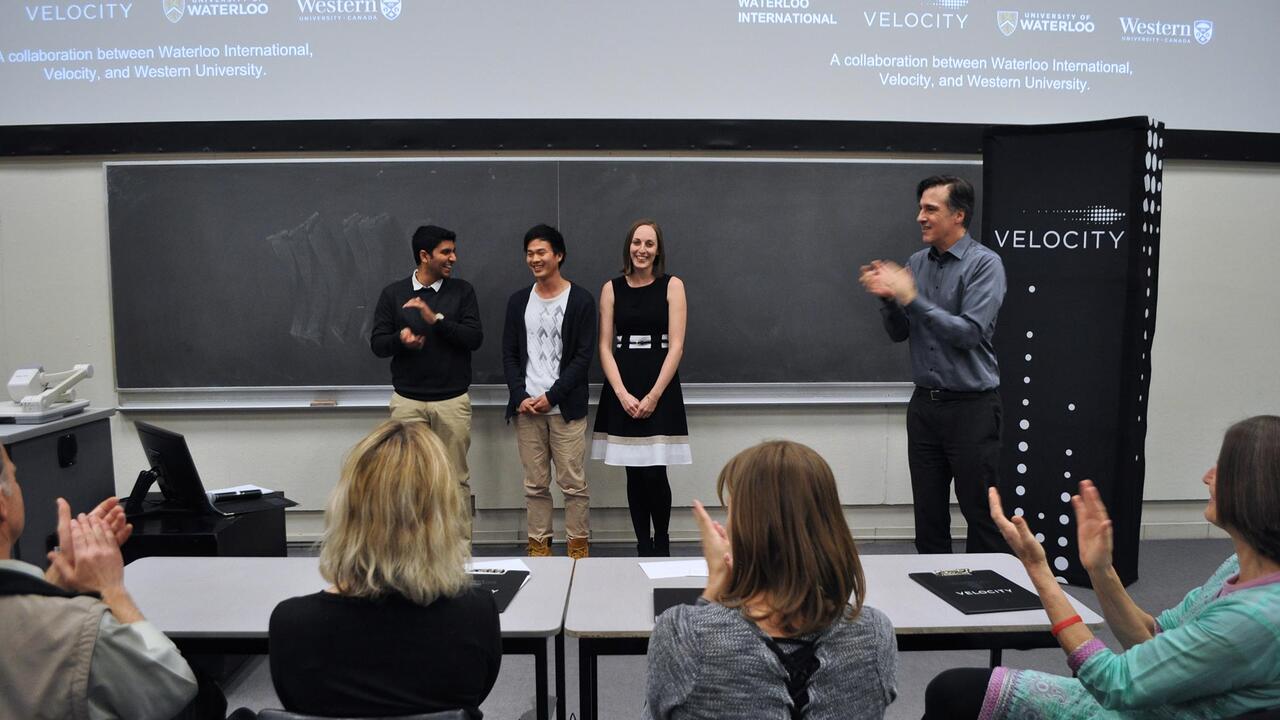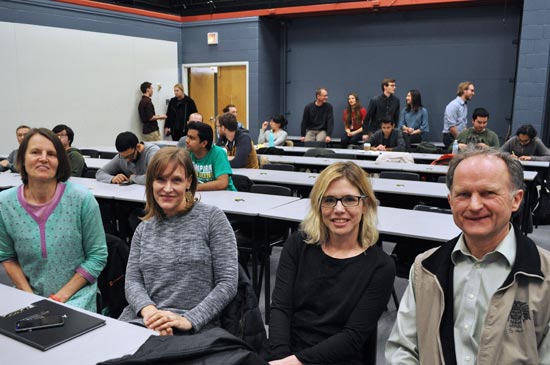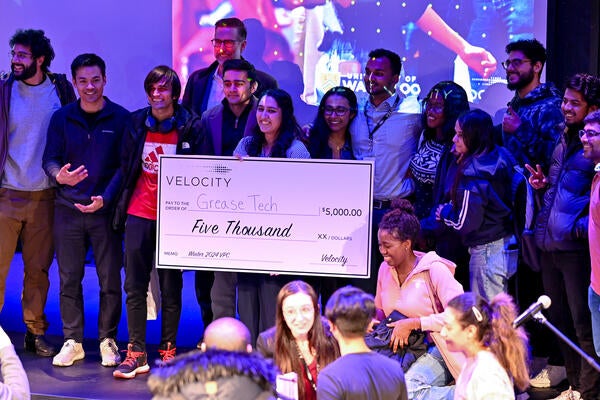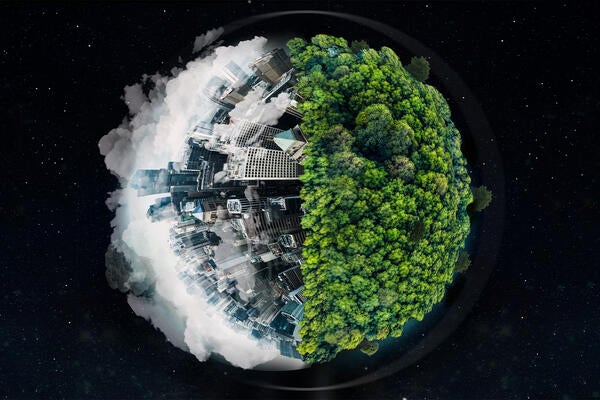
CataLight’s water treatment solution wins the World’s Challenge Challenge UWaterloo
Six teams took to the stage to pitch their unique solutions to the world’s problems at this year's World’s Challenge Challenge.

Six teams took to the stage to pitch their unique solutions to the world’s problems at this year's World’s Challenge Challenge.
By Hilary Hutchins VelocityThis year's World's Challenge Challenge competition saw competitors addressing one of the United Nations’ Sustainable Development Goals and developing a possible solution to tackle the global problem. The issues at hand included clean water and sanitation, access to reliable and affordable electricity, and sustainable agriculture practices to help reduce hunger.
Teams came from diverse academic backgrounds, with representation from Science, Engineering, Math, Applied Health Sciences, Environment and Arts. Up for grabs was $1,000 for each member of the first place team and a spot in the International Round at Western University in June, where teams will compete for a share of $45,000.
The audience was full of students, faculty, and community members. Ian Rowlands, Associate Vice-President of Waterloo International, emceed the event, along with an esteemed panel of judges. Ida Kaastra-Mutoigo, Director of World Renew Canada, Tania Framst, Vice-President of Operations and Sales at Lucky Iron Fish, Jennifer King, Senior Project Manager at MEDA, and Paul Parker, Associate Dean of Strategic Initiatives in the University of Waterloo’s Faculty of Environment had the tough job of selecting the winners.

CataLight was awarded first place for their solution to Global Goal #6: access to clean water and sanitation for all. CataLight recently started working out of the Velocity Science discovery lab on-campus at the University of Waterloo to develop the science behind their water treatment technology.
"We believe that everyone shares in the same basic human right to a standard for health and well-being and that without access to clean drinking water, this right cannot be met," said Ashley Keefner, Co-founder of CataLight.
As part of the United Nations’ 6th Sustainable Development Goal, CataLight has set a target to achieve universal and equitable access to safe and affordable drinking water for all by 2030.
"At CataLight, our goal is to provide people in developing communities with affordable safe drinking water, which will help to meet this target," said Keefner. "To achieve this goal, CataLight has developed an affordable and reusable point-of-use water treatment unit."
TABS won second place and a Kobo Aura eReader for each team member for their modified rainwater collection system, to be implemented in communities in the Mekong Delta in Vietnam.
Drops for Crops was awarded third place and a Fujifilm Instax camera for each team member for their specialized, low-waste irrigation system, designed for use initially in Tanzania.

Read more
The publication, Momentum, Velocity shows a promising pipeline for a new generation of Canadian startups

Read more
Laura Zizzo, co-founder of Manifest Climate, helps organizations navigate and plan for climate risk and mitigation

Read more
Ahmed Mezil (BASc ’14) loves engineering and teaching, but developed an entrepreneurial mindset at UWaterloo that led him to start a business.
The University of Waterloo acknowledges that much of our work takes place on the traditional territory of the Neutral, Anishinaabeg and Haudenosaunee peoples. Our main campus is situated on the Haldimand Tract, the land granted to the Six Nations that includes six miles on each side of the Grand River. Our active work toward reconciliation takes place across our campuses through research, learning, teaching, and community building, and is co-ordinated within the Office of Indigenous Relations.